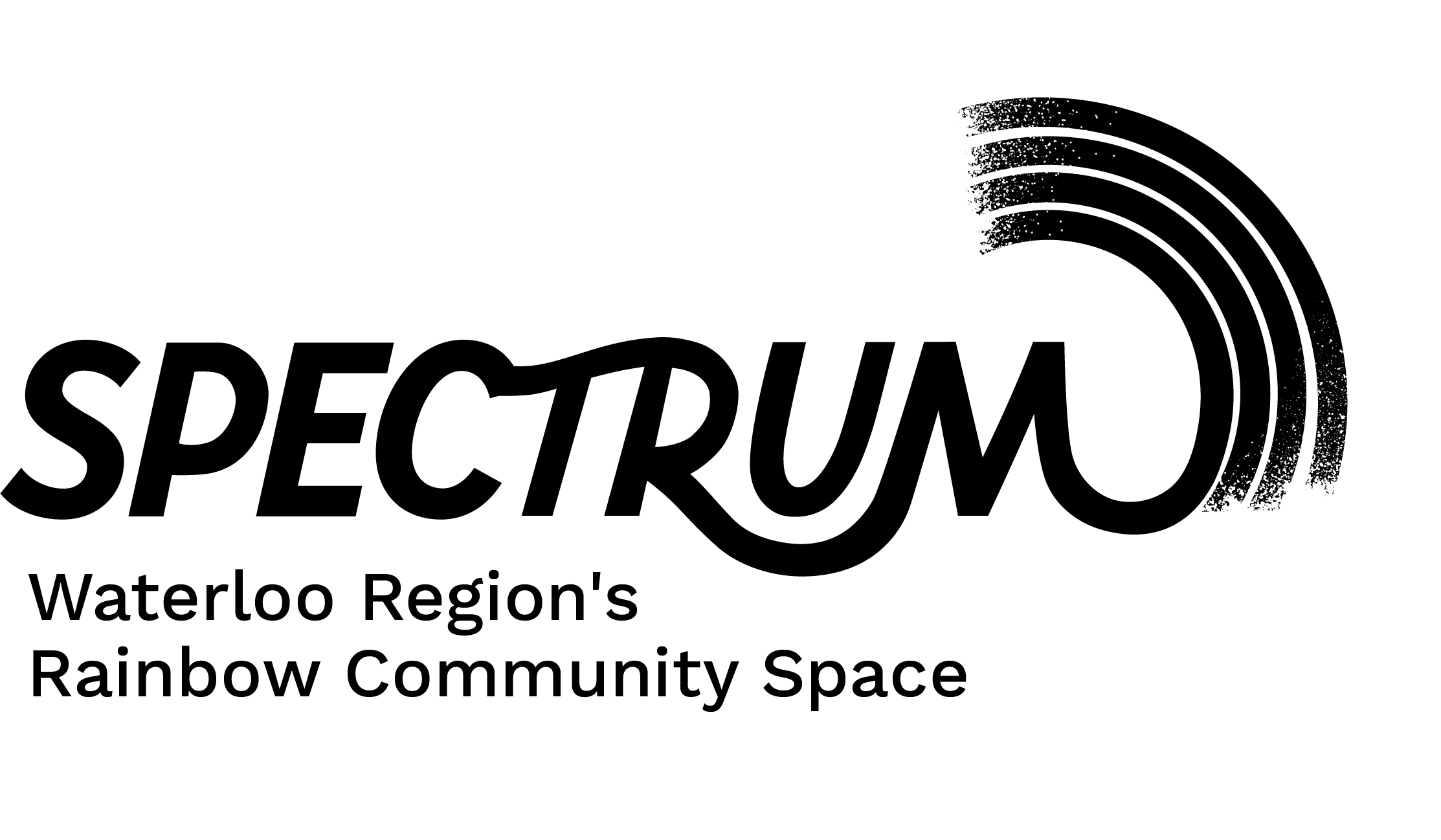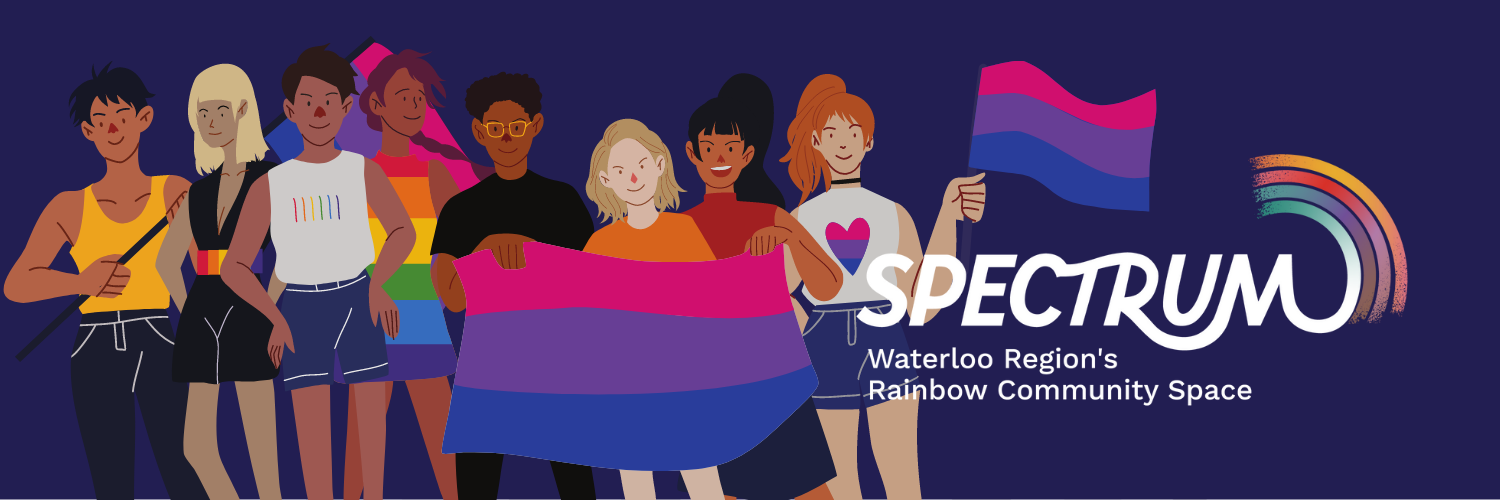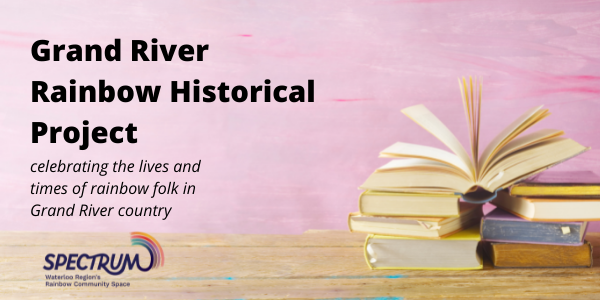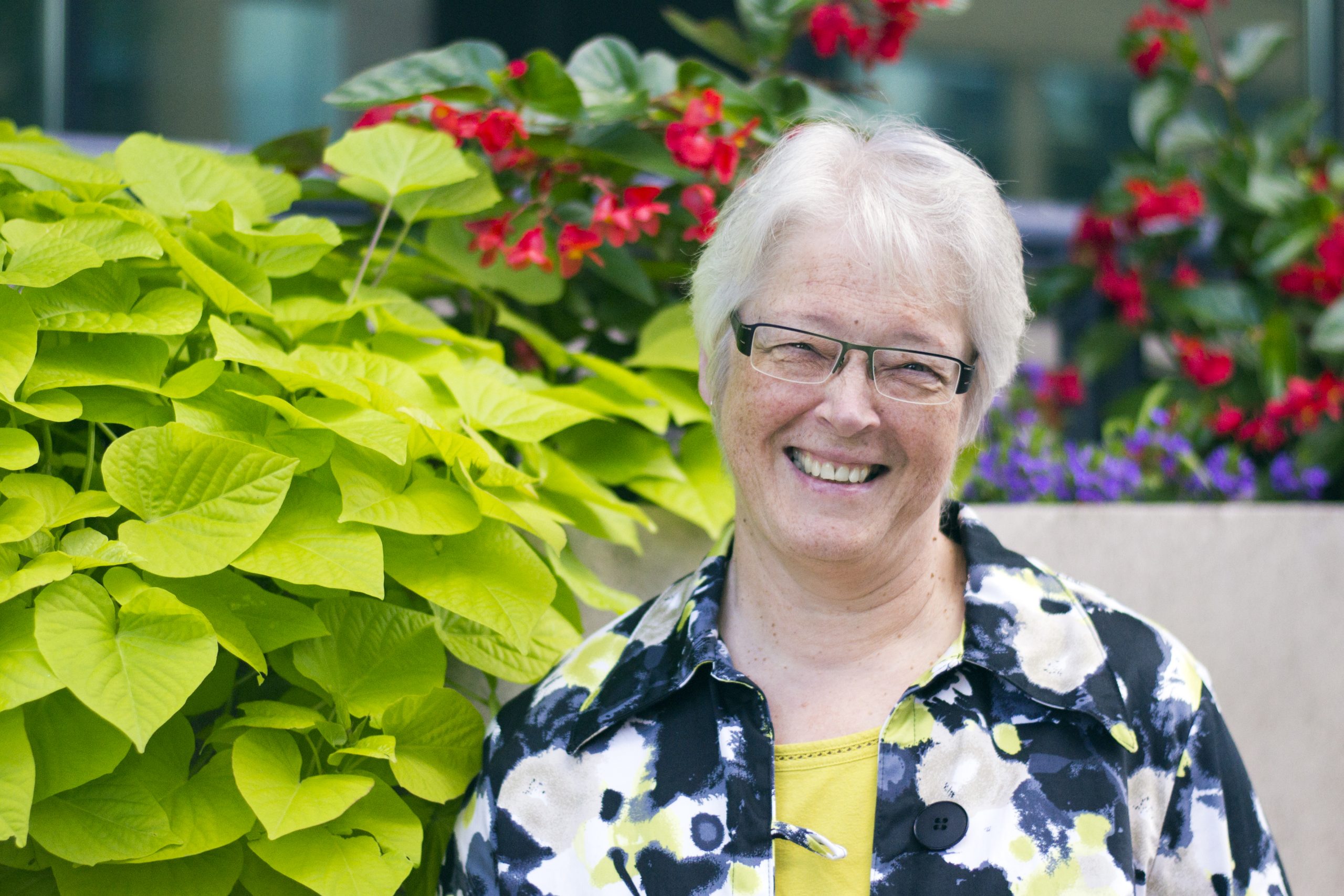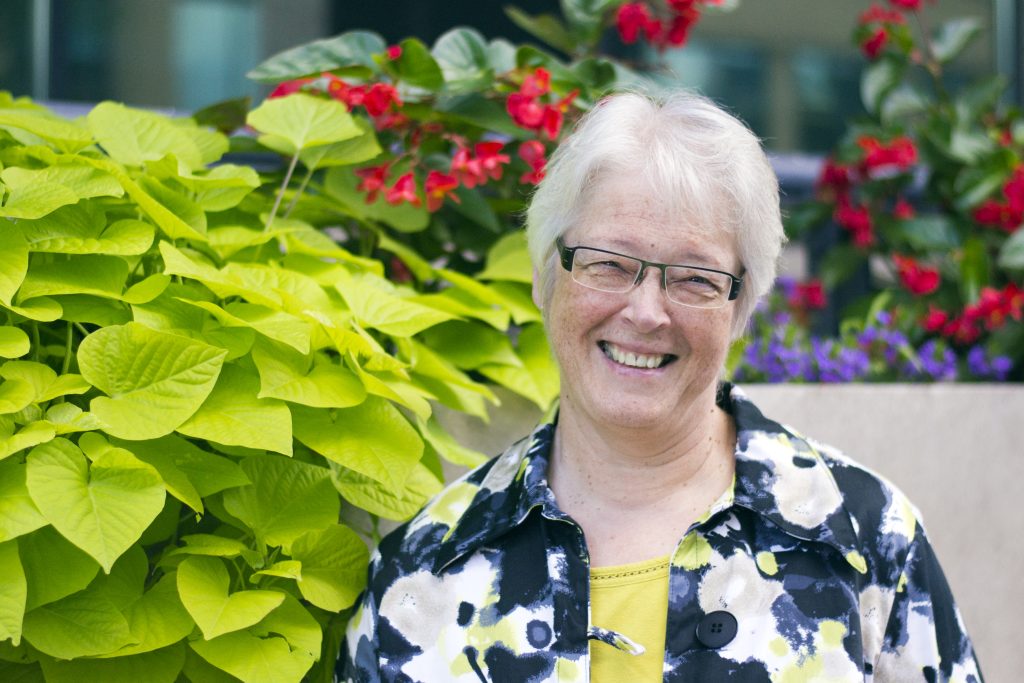This month’s guest post was written by Julia Cowderoy.
When I was 19 I posted a status on Facebook that said “when people ask me about my sexuality, I’m just going to start saying my thirst knows no bounds’. While that’s obviously hilarious I understand now that I was using humour as a faux shield against any kind of scrutiny (real or imagined). During this time I felt I had to “prove” my bisexuality in order for it to be valid. The irony of writing an essay to prove that I don’t have to prove anything is not lost on me, but just bear with me.
I’ve realized that not feeling “queer enough” is a common theme within the bisexual community. Why is that? I’ve noticed that bisexual men are assumed to be gay, whereas bisexual women are painted with a broad brush as straight girls who drunkenly make-out with their friends for the enjoyment of their googly-eyed yokel boyfriends. In both instances, the attraction of men is the underlying motivation for expressions of sexuality.
While I can’t wholly speak to the experiences of bisexual men, I will say that I’ve had straight men view my sexuality as a performance for their pleasure. (“Performance” is a useful word because it implies we are actors and bisexuality needs to look a certain way in order for it to be valid.) While trying to come to terms with my own sexuality I was influenced more by external sources than I understood at the time.
I’ve had people in my life question my sexuality because I’ve never dated a woman, and recently my best friend even told me I was “90% into men”. She didn’t mean this maliciously; I’ve only dated men, so the judgement was based more on how I’ve presented than how I feel. The reality is that my attraction to people is more fluid rather than a rigid percentage. This interaction sent me into an anxiety spiral wondering if I was just cosplaying as a bisexual person this entire time.
When I volunteered with Big Brothers Big Sisters as a peer mentor, I encouraged conversations about gender and sexuality. I marvelled at how accepting much of this younger generation is of sexuality and how they realize it isn’t static and doesn’t need to appear a certain way to be real. When I was that age I thought sexuality was something predetermined and permanent, and as such I had a lot of confusion surrounding my attraction to women since I considered myself straight.
I’ve come a long way in understanding my sexuality, but there is still work to be done. I hope as a society we can come to a place of understanding that sexuality and gender are more complex than scientific definitions. And, like any sexuality, bisexuality isn’t some hypothesis that needs to be tested, experimented, cross-examined and held to rigorous scientific standards — it simply exists.
